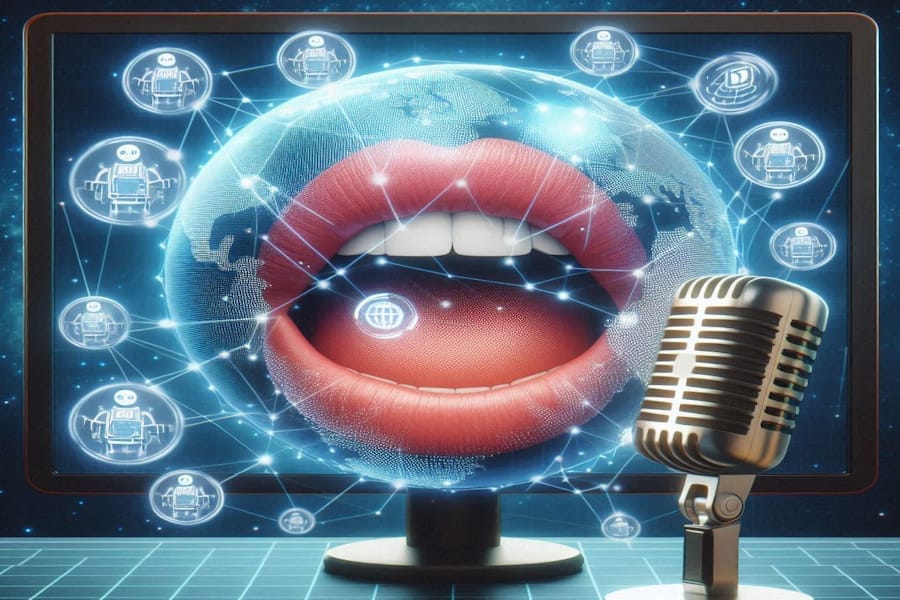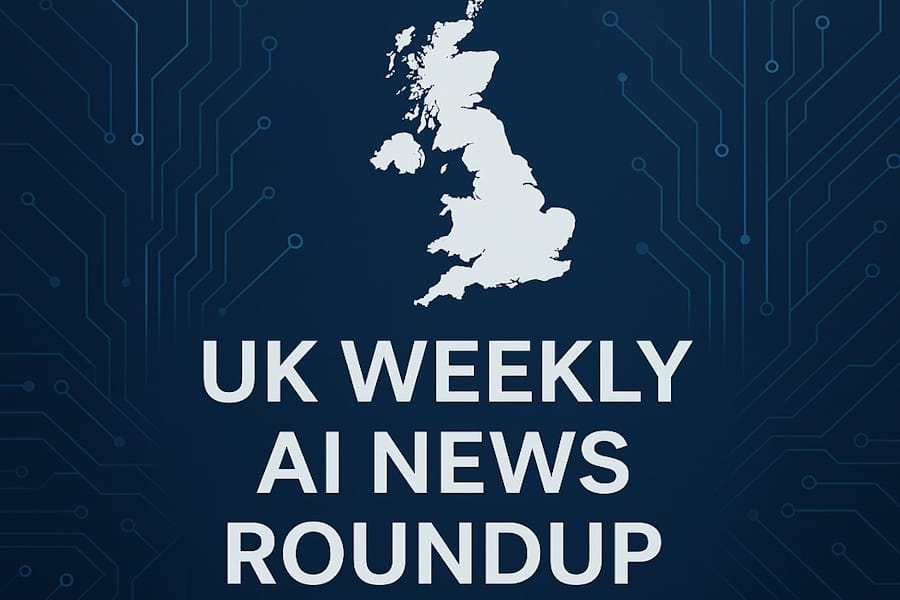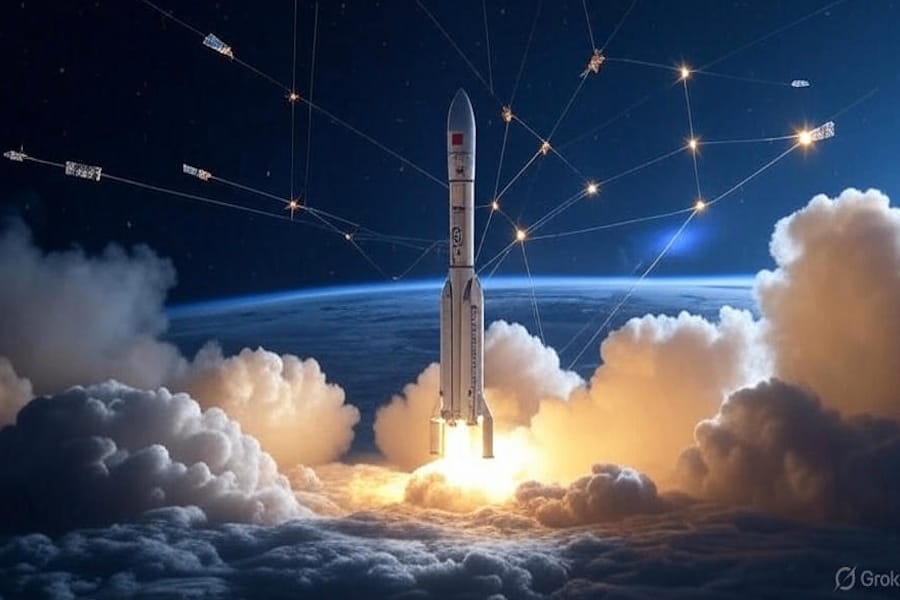The Dark Side of AI: Navigating the Dangers in the Music Industry

Publish Date: Last Updated: 10th February 2025
Author: nick smith- With the help of CHATGPT
AI and bots allegedly used to fraudulently boost music streams
A singer from the United States has been accused of manipulating music streaming platforms using AI technologies and bots to fraudulently inflate his stream statistics and earn millions of dollars in royalties.
Michael Smith, 52, from North Carolina, faces charges of wire fraud, conspiracy to commit wire fraud and money laundering.
Full Article can be found here.
The advent of artificial intelligence (AI) has revolutionized the music industry, offering innovative tools for creation, production, and distribution. From generating new compositions to personalizing listener experiences, AI holds immense potential for artists and businesses alike. However, with great power comes great responsibility, and the misuse of AI poses significant risks that could undermine the integrity of the music ecosystem.
Artificial Streaming and Royalty Fraud
One of the most pressing concerns is the manipulation of music streaming platforms through AI and bots to fraudulently inflate stream counts. This unethical practice can distort popularity metrics, divert royalties from genuine artists, and erode trust in digital platforms.
- Financial Impact: Artificially boosted streams can siphon millions of dollars in royalties away from legitimate musicians, songwriters, and rights holders.
- Detection Challenges: Advanced AI algorithms can mimic human listening behaviors, making it difficult for platforms to detect fraudulent activity using traditional monitoring methods.
- Legal Repercussions: Engaging in such fraudulent activities can lead to serious legal consequences, including charges of wire fraud, money laundering, and conspiracy.
AI-Generated Music and Copyright Infringement
AI tools capable of generating music, lyrics, and even mimicking the voices of popular artists raise complex legal and ethical questions.
- Copyright Concerns: If AI-generated content is created using existing works without permission, it may infringe on intellectual property rights.
- Artist Identity: Replicating an artist's voice or style without consent can dilute their brand and potentially mislead consumers.
- Lack of Attribution: AI-generated works may not properly credit original creators, depriving them of recognition and compensation.
Undermining Artistic Authenticity
The overreliance on AI for music creation can lead to a homogenization of sound and a loss of human touch that defines artistic expression.
- Creative Stagnation: AI algorithms often rely on existing data patterns, which may result in repetitive or derivative works lacking innovation.
- Emotional Disconnect: Music created without human emotion might not resonate as deeply with audiences, potentially impacting listener engagement.
- Value of Human Musicianship: Overemphasis on AI-generated music could marginalize human artists and devalue the skills and experiences they bring to their craft.
Platform Policies and Industry Response
Music streaming platforms like Spotify, Apple Music, and YouTube have policies prohibiting artificial streams and the use of bots. They employ various measures to combat fraudulent activities:
- Algorithmic Detection: Implementing sophisticated algorithms to identify and remove fake streams.
- Financial Penalties: Charging labels or distributors for detected artificial streams and withholding royalties.
- Content Removal: Deleting AI-generated content that violates terms of service or infringes on copyrights.
The industry is also witnessing collective action from artists and record companies:
- Advocacy and Awareness: Musicians are raising concerns about the unchecked use of AI, calling for regulations to protect their work.
- Legal Frameworks: Discussions are underway to establish clearer laws governing AI's role in music creation and distribution.
Balancing Innovation and Integrity
While AI offers exciting possibilities, it's crucial to strike a balance that fosters innovation without compromising ethical standards.
- Responsible Use of AI: Encouraging developers and users to employ AI in ways that respect intellectual property rights and artistic integrity.
- Regulatory Oversight: Governments and industry bodies need to establish guidelines that prevent misuse while allowing technological advancement.
- Collaboration Over Exploitation: AI should be viewed as a tool to enhance human creativity, not replace or exploit it.
Conclusion
The dangers of AI misuse in the music industry are real and multifaceted, affecting financial fairness, legal rights, and the very essence of artistic expression. Stakeholders must work collaboratively to address these challenges, ensuring that AI serves as a force for good—amplifying human creativity rather than undermining it. By implementing robust policies, promoting ethical practices, and fostering open dialogue, the music industry can navigate the complexities of AI and continue to thrive in this new technological era.
Trending AI News Articles
AI Questions and Answers section for The Dark Side of AI: Navigating the Dangers in the Music Industry
Welcome to a new feature where you can interact with our AI called Jeannie. You can ask her anything relating to this article. If this feature is available, you should see a small genie lamp above this text. Click on the lamp to start a chat or view the following questions that Jeannie has answered relating to The Dark Side of AI: Navigating the Dangers in the Music Industry.
Be the first to ask our Jeannie AI a question about this article
Look for the gold latern at the bottom right of your screen and click on it to enable Jeannie AI Chat.





